The most important news this week is undoubtedly the Federal Reserve's first interest rate meeting of 2023.
The market has shifted its focus from how much the Fed will raise interest rates to how the Fed will define the terminal rate.
In addition, the Bank of England and the European Central Bank will also announce their latest interest rate hikes.
Just before this super central bank week, a legendary investor has made a pessimistic prediction that the U.S. stock market could crash by 50%.
This Thursday, after two consecutive days of meetings, the Fed will announce its latest interest rate decision, but the market has already predicted how much the Fed will raise interest rates, with a 99% probability of a 25 basis point hike.
This is the third consecutive meeting where the Fed has lowered the rate hike, which is the opposite of when the rate hikes began.
In March last year, the first rate hike was 25 basis points, in May the second rate hike increased to 50 basis points, in June the third rate hike was raised to 75 basis points, and subsequent rate hikes have all been maintained at 75 basis points until November last year.
The rate hike in December was reduced to 50 basis points, and now the rate hike in February will undoubtedly drop again to 25 basis points.
However, this does not mean that the interest rate hike will stop at the March meeting.
The biggest concern in the market now is when the Fed will stop raising rates by 25 basis points and where the terminal rate will be.
The market now believes that the Fed should pause rate hikes and even switch to rate cuts as soon as possible to save the economy.
However, Fed officials generally believe that the rate should be raised to at least over 5%, indicating that the U.S. rate hike cycle may be longer than everyone thinks.
On the other hand, almost at the same time, the European Central Bank and the Bank of England will also announce their latest interest rate hikes, and it is very likely that they will raise rates by 50 basis points, which means that the interest rate spread between the euro and the pound and the U.S. dollar will further narrow in the future, and the euro and the pound against the U.S. dollar will continue to rise, while the U.S. dollar will continue to fall.
The decline of the U.S. dollar is just one of the unfavorable factors for the U.S. financial market.
In the view of a legendary investor, the U.S. stock market is also facing many uncertain risks.
Previously, Grantham has predicted the bursting of market bubbles three times and succeeded.
Now, in his letter to investors, he once again predicts that the U.S. stock market may crash.
Although the U.S. stock market has fallen by 20% in the last year, he believes that the U.S. stock market may fall by up to 50% this year.
By the end of this year, the S&P 500 will fall to 3,200 points.
He analyzes that the current valuation of the U.S. stock market is still higher than the average level, and according to the trend line of the S&P 500, it should reach 3,200 points by the end of the year.
However, the current U.S. labor market is still relatively strong, and China's reopening will also bring momentum to the global economy, so it is possible to postpone the bear market in the United States, but the decline of the U.S. stock market will not be absent.
He further pointed out that if multiple unfavorable factors are superimposed, the S&P 500 index may fall by up to 50% in the worst case, and the U.S. stock market will bottom out and rebound in 2024.
It seems to confirm the warning of this investment master.
Last night, the three major U.S. stock indexes fell in sync, ending the previous upward trend.
The Dow and Nasdaq fell by more than 200 points each, with the Nasdaq index falling by 2%, and the S&P 500 index fell by 1.3%, once again approaching 4,000 points, and it is possible to break through 4,000 points in the next few trading days.
In the short term, the decline of the U.S. stock market is due to the uncertainty of the Fed's meeting, but in the medium and long term, there are great difficulties in U.S. economic growth, and the fundamentals are difficult to support a large rebound in the U.S. stock market.
The 11 sectors covered by the S&P 500 index almost all fell, with energy falling by 2.3%, and information technology falling by more than 1.9%.
Last night, Chinese concept stocks also underwent a significant adjustment, with the China Golden Dragon Index falling by more than 4.1%, Tencent fell by 6.7%, Alibaba, Xiaopeng, JD.com, and NIO's declines all exceeded 6%.
Obviously, the United States needs to stabilize in the short term, waiting for the Fed's meeting, and still needs more economic data support from China.
In the future, the most anticipated global stock market is undoubtedly A shares.








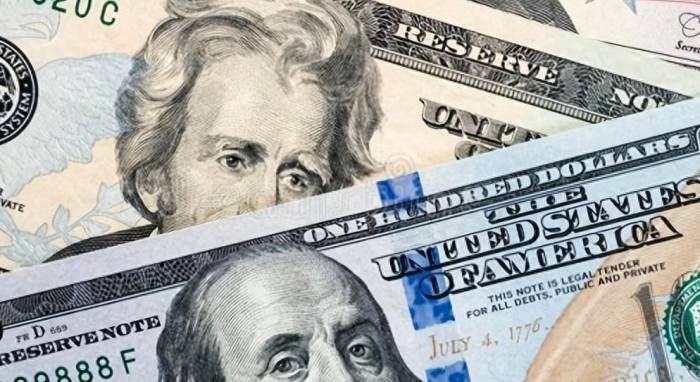






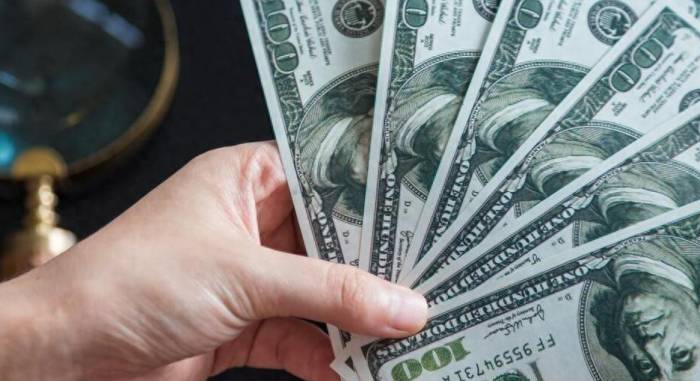

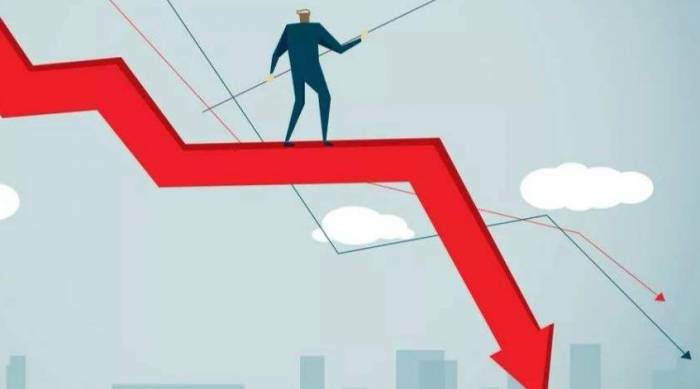

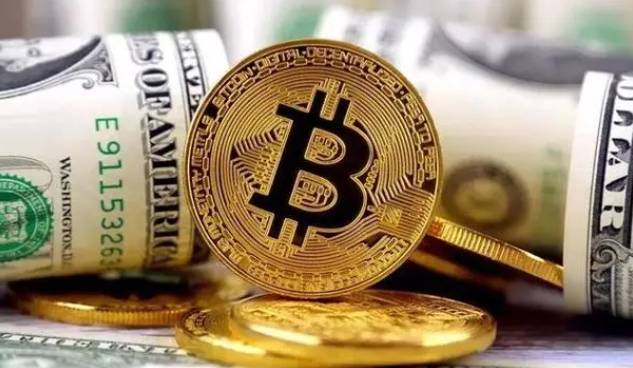
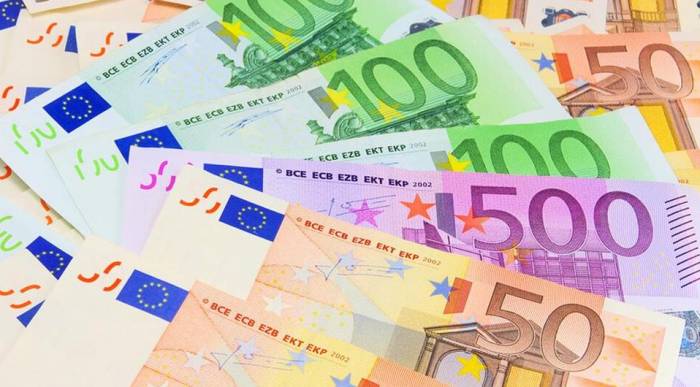



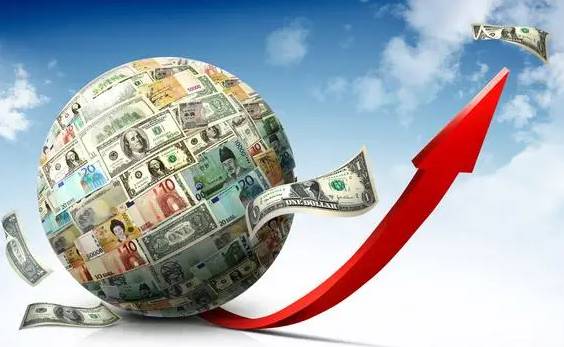



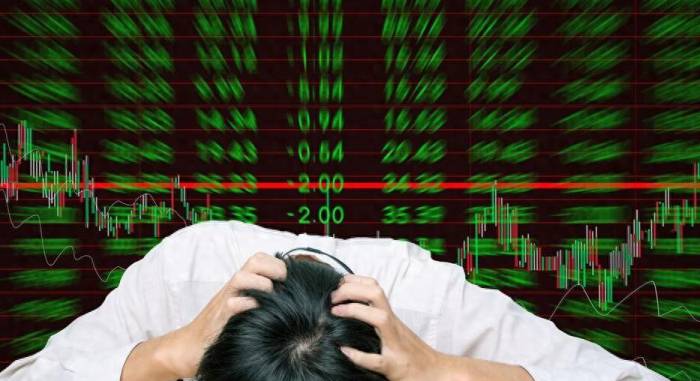

Comments (0)
Leave a Comment